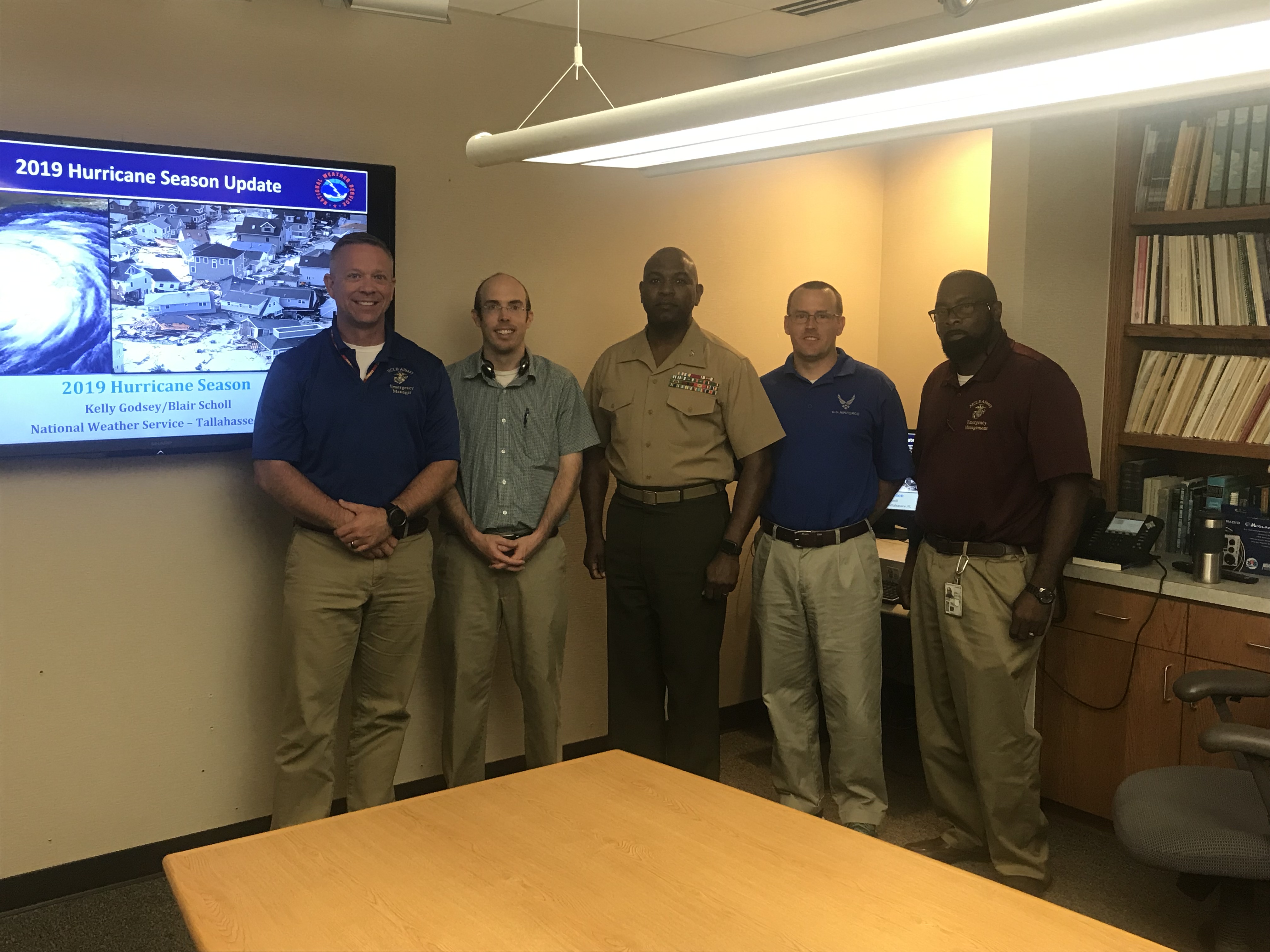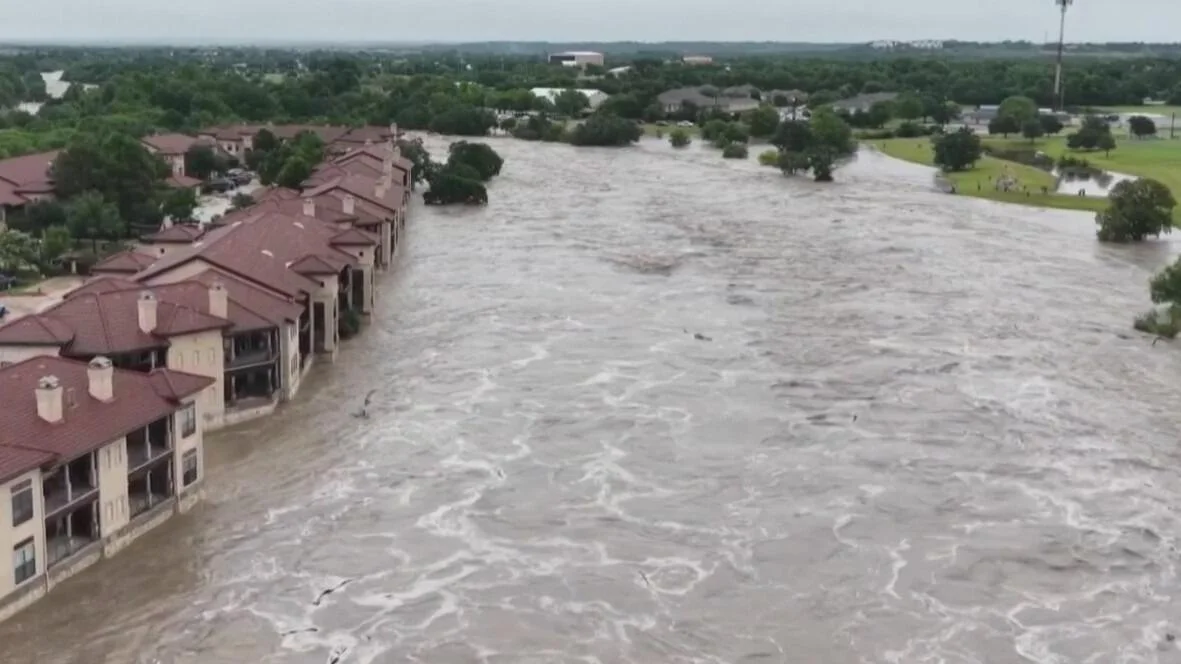The unfolding disaster in central Texas has revealed more than just the immediate dangers of flash floods; it has exposed a chilling agenda lurking within the Trump administration. The push to privatize weather forecasting could turn essential climate data into a luxury for the wealthy, jeopardizing the safety of countless individuals who depend on accurate forecasts to navigate emergencies.
Privatization Agenda Under Scrutiny
As reported by AP News, Commerce Secretary Howard Lutnick is at the helm of this concerning shift. Lutnick, a billionaire with vested interests in companies that could profit from privatized weather services, has overseen deep cuts to the National Weather Service (NWS) and the National Oceanic and Atmospheric Administration (NOAA). These agencies, which have provided free and vital climate and weather data for over a century, are facing an existential crisis.
Wealthy Interests Threaten Public Safety
The prospect of turning weather forecasts into a subscription service raises urgent ethical questions. “Are we really talking about making weather products available only to those who can afford it?” asked former NOAA administrator Rick Spinrad. This sentiment resonates alarmingly amid recent flooding that underscores the need for accessible and timely weather information, particularly for low-income communities that may lack resources to pay for commercial forecasts.
Conflicts of Interest Abound
The implications of Lutnick’s connections are far-reaching. His past with Cantor Fitzgerald and ongoing ties to companies like Satellogic raise red flags about the true motivations behind these budget cuts. Lutnick’s firm holds a significant stake in Satellogic, which stands poised to capitalize on a retreat of government-funded climate monitoring. As noted in a NPR report, the proposed cuts could decimate NOAA’s satellite program, fundamentally changing how weather data is collected and distributed.

Base CO visits National Weather Service Office > Ma…
Trump’s Project 2025 Agenda Revealed
The architecture of this privatization effort is laid out in Trump’s Project 2025, which calls for the dismantling of NOAA and a shift towards commercializing its forecasting operations. This plan is not just a bureaucratic maneuver; it reflects a broader trend that prioritizes profit over public safety. The Trump administration has long sought to leverage private sector capabilities in weather forecasting, a move that jeopardizes the integrity and accessibility of critical data.
Key Players with Conflicting Interests
Neil Jacobs, Trump"s nominee to lead NOAA, has a documented history of advocating for privatization during his tenure as acting administrator. His ties to companies like Panasonic Weather Solutions and Spire Global only serve to amplify concerns about the impartiality of future weather forecasting under his leadership. Similarly, Taylor Jordan, another nominee, is a lobbyist representing weather-related firms, further entrenching corporate interests within the government.
Public Outcry and Environmental Justice
The consequences of these moves are not merely bureaucratic; they are profoundly social. Communities already bearing the brunt of climate change will suffer the most from the erosion of public weather services. According to The Washington Post, the privatization of weather forecasting threatens to create a two-tiered system, where only those with financial means can access reliable and timely weather forecasts.
This scenario raises pressing questions about environmental justice. Vulnerable populations, often the least responsible for climate change, will bear the heaviest burdens as access to critical information becomes contingent on economic status. The very essence of public service is at stake, as the government risks abandoning its duty to protect its citizens in favor of enhancing profit margins for a select few.
As we witness the destructive power of climate change manifest in real-time, it is imperative to consider who will be left behind in a future where weather data is commodified. The stakes have never been higher, and the implications of this administration"s actions could reverberate for generations.

Growing frustration of Texas flood warnings, response



![[Video] Gunfire between Iraqi security forces and Sadr militias in Baghdad](/_next/image?url=%2Fapi%2Fimage%2Fthumbnails%2Fthumbnail-1768343508874-4redb-thumbnail.jpg&w=3840&q=75)
